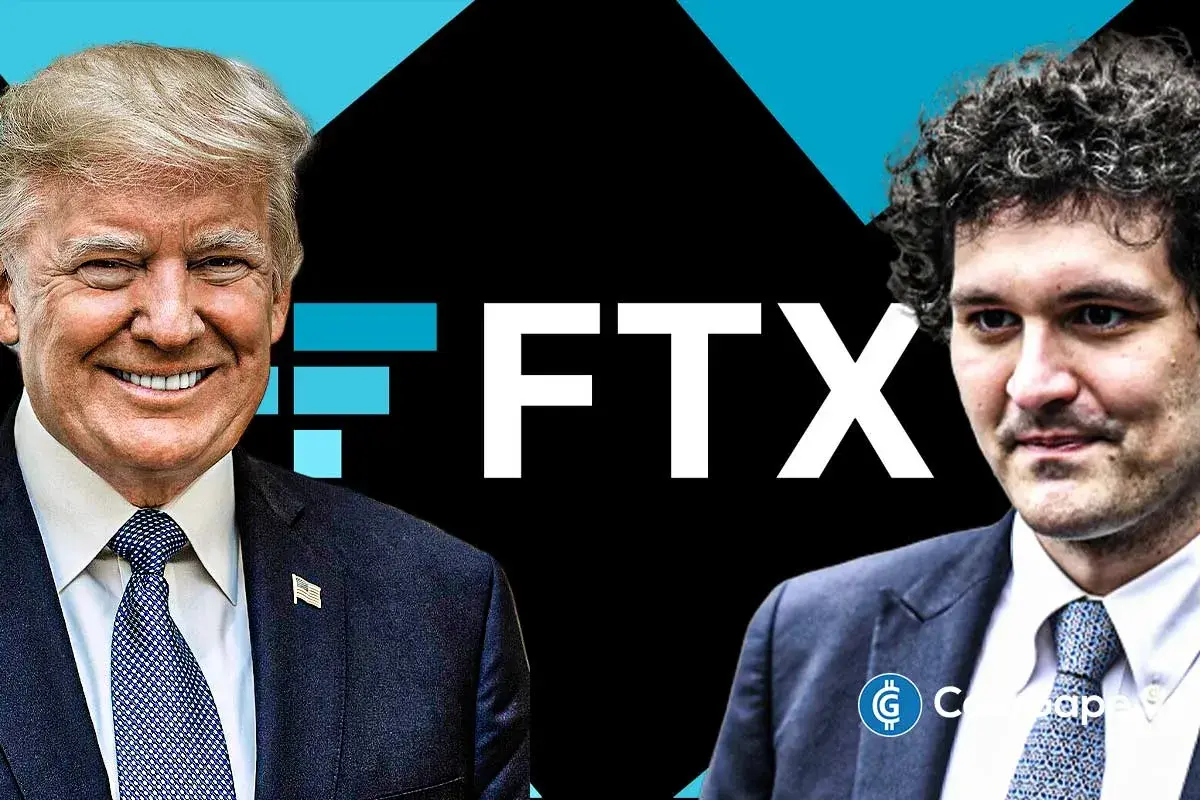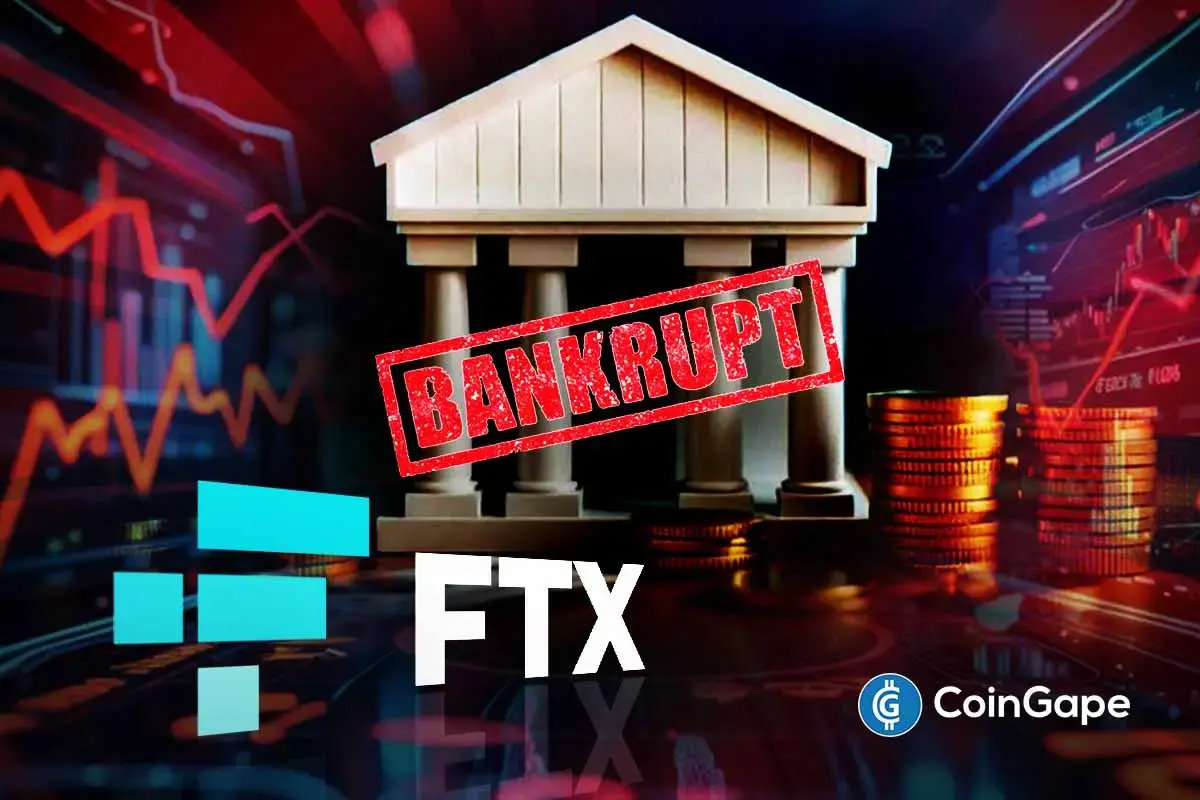FTX CEO Sam Bankman-Fried Accuses Voyager of Slowly Bleeding Customers Frozen Assets

A new battle has emerged between troubled crypto lender Voyager Digital and crypto exchange FTX. On Sunday, July 24, Voyager rejected the buyout proposal from FTX calling it a “low-ball bid” as well as ‘misleading and outright false claims’.
FTX chief Sam Bankman-Fried has lashed out at Voyager explaining how the troubled crypto is trying to bleed customers money. Voyager said that it still holds a majority of the customers’ assets to which FTX asked then why haven’t those been returned to customers yet?
As per the FTX chief SBF, Voyager should first return all of the assets to customers and the rest if Three Arrows Capital (3AC) pays back in the future. In kind-off an accusation on Voyager, Bankman-Fried explains the reason saying:
Well, the *traditional* process is that before customers get their assets back, they get fucked. First, there’s a long, drawn out process, during which funds are frozen. It can take years. Remember Mt. Gox? That process is *still going on*.
Meanwhile, that entire time, various bankruptcy agents are slowly bleeding the customer’s frozen assets dry with consulting fees. This can cost customers hundreds of millions of dollars by the time all is said and done.
SBF Explains Customer Is At the Losing End, FTX Solves It
SBF explains that suppose the customer holds 1 BTC with Voyager at around $30K. Also, the bankruptcy proceedings can take years. In this case, customers get either 1 BTC or $30K whichever is lower. Thus, he says that the customer is likely to lose in the long run.
He said that a low of third parties have been trying to bid as low as $0.10 on the Dollars for the assets with Voyager. The FTX chief explains:
If a customer had $100 on the platform, a third party would pay $10 for it, get whatever funds remained (maybe $75), and then the customer… gets back $10.
Voyager’s consultants would be slowly draining the remaining funds by charging fees every month the bankruptcy process dragged on. This didn’t seem right to us. Customers already lost assets; we didn’t want them to lose more.
Lashing out at the Voyager consultants, SBF said that they are willing to drag the bankruptcy proceedings as long as possible. He said that if Voyager would accept FTX’s offer, the customers would get their share of “everything that remained,” as soon as possible.
Play 10,000+ Casino Games at BC Game with Ease
- Instant Deposits And Withdrawals
- Crypto Casino And Sports Betting
- Exclusive Bonuses And Rewards

- Peter Brandt Flips Bullish, Predicts Bitcoin Rally As Price Holds Above $70k
- XRP News: Institutional Use Case Expands as Doppler Finance Integrates WXRP for Multi-Chain Access
- Trump Tariffs: Bitcoin Faces Fresh Headwinds as 15% Global Tariffs Begin This Week Amid Iran War
- Bitget Unveils ‘Crypto Anti-Bias Pledge’ To Support Women’s Inclusion In Crypto
- U.S.-Iran War: Crypto Market Rebounds as Iran Reportedly Reaches Out To U.S. To End Conflict
- COIN Stock Analysis as Bitcoin Retests $72k Ahead of February NFP Data
- Robinhood Stock Price Prediction As Cathie Wood Buys $12M Dip in Bold ARK Move
- Bitcoin Price At Risk? Professor Who Predicted US-Iran War Says America Could Lose
- Gold Price Prediction March 2026: Rally, Crash, or Record Highs?
- RIOT Stock Prediction as Needham, Piper Sandler Slash Target After Earnings
- Cardano Price Outlook As Charles Hoskinson Warns Over CLARITY Act

 Buy $GGs
Buy $GGs
















